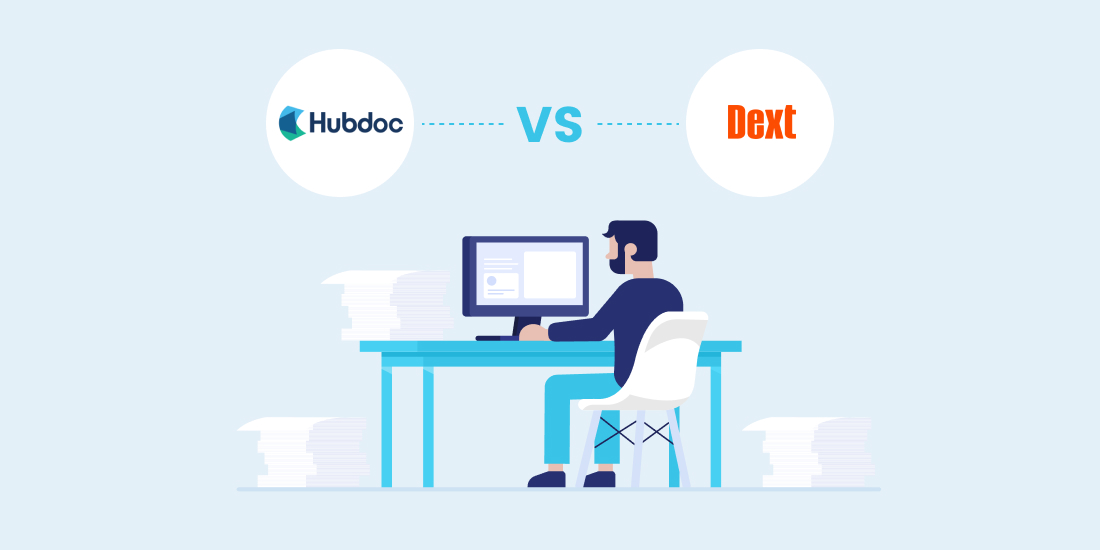We get it; with responsibilities like drafting marketing strategies and managing employees, accounting is the last thing that comes to your mind. However, in a competitive economy like Vancouver, effective bookkeeping is what helps businesses maintain a positive cash flow. Helping you forecast future expenses and make informed decisions, staying on top of your books allows Small Businesses Accounting in Vancouver to maintain a healthy bottom line. Let’s look at a few tips and tricks to streamline your financial processes and keep your business on solid ground.
Plan for Major Expenses
As a small business, you must plan for any high-cost expenses you will encounter throughout the fiscal year, including equipment upgrades, business licenses, and maintenance. This approach spreads out business expenditures or times them for periods of high cash availability, resulting in smooth operations. It also mitigates the financial strain during slow business months.
Planning upfront for major investments helps businesses manage their finances well, which reflects a positive credit history. This gives them a better chance of qualifying for financing (with better loan terms), leading to increased investment opportunities. Plus, research suggests that accurate financial forecasting helps businesses save up to $3.5 million per year.
Maximize Deductions
When preparing your books, record all the expenses accurately, along with the business purpose, amount, time, and place of a transaction. A good rule of thumb is to employ a business credit card, which digitally stores receipts and gives a category-wise breakdown of expenses (office supplies, hotels, meals) — which has helped 29% of businesses secure funding in 2022. It also acts as proof of expenses (and deductions) in case of a CRA audit.
This recordkeeping helps you spot maximum deductions come tax time, paying less tax liabilities and boosting your bottom line. Here are a few deductible business expenses according to the Canada Revenue Agency (CRA):
- Office Expenses: Utilities, rent, office supplies.
- Travel: Hotels, airfare, per diems for trips made for business purposes.
- Meals & Entertainment: 50% of costs for meals and entertainment if they are business-related.
- Vehicle Expenses: Mileage, insurance, repairs (These must be prorated if the vehicle is used for both business and personal use).
- Professional Fees: Accounting, legal, and other service charges related to the business operations.
Regularly Track Your Billings
To recoup cash as soon as possible, maintain a consistent track record of billings, and encourage customers to make on-time payments. For example, you may offer a 5% discount on early payment, revoke credit terms when necessary, or run prior credit checks on prospects before signing a contract with them.
Remember, every late payment is an interest-free loan that hurts your cash flow. So, aim to invoice a customer within 48 hours of the service delivery and introduce interest charges after a set period (30, 60, or 90 days). If you have a lot on your plate, automate the invoicing aspect with a tool like QuickBooks, which helps minimize late payments through regular follow-ups and credit controls.
Artificial Intelligence: The Future of Accounting
As a small business owner, recording transactions and maintaining your books isn’t the most exciting part of your venture; instead, it’s making sales and converting prospects. This is where Artificial Intelligence comes in, automating routine accounting tasks like budgeting, processing, reporting, and data entry.
By handling routine accounting tasks, Artificial Intelligence lowers the risk of human error (which currently amounts to 41% of inaccurate numbers), preventing costly mistakes and leading to accurate, reliable financial statements. While it is unlikely to lead to a job loss for bookkeepers or accountants, AI can add value to their roles by freeing them to focus on strategic financial activities like decision-making, negotiations, or ethical judgment.
| Task | DIY Bookkeeping |
|---|---|
| Automated Data Entry | AI assistants automatically input data from different sources (invoices, bank statements, receipts). |
| Expense Categorization | It classifies expenses into predefined categories based on past data and rules. |
| Financial Data Reconciliation | AI matches entries in different financial accounts, which helps minimize discrepancies |
| Predictive Analysis | It analyzes historical data to forecast future trends. |
| Invoice Management | OCR technology reads and extracts information from scanned invoice images, reducing human error. |
Cloud Computing Software
If you want to address cash flow challenges in your small business and stay on top of your business finances, opting for cloud-based accounting software is your best bet. The software lets businesses outsource the complex IT infrastructure to a service provider that delivers services over the Internet. Eliminating the need for extensive software or hardware licenses, these solutions feature a pay-as-you-go model — so your small business will only pay for the resources it uses.
As per research conducted in 2020, over 78% of small-scale ventures have shifted to cloud-based accounting, automating time-consuming tasks like processing invoices. The accessible nature of cloud computing means you can access your company’s financials while on the go, making informed decisions in no time. As a result, cloud computing in accounting leads to up to 15% growth in revenue patterns, according to Xero.
Optimize Cash Flow for Business Growth
According to SCORE, 82% of businesses shut their operations due to cash flow crunches, which happen when the amount of money outgoing is higher than the cash coming in. This is why small business accounting in Vancouver is all about operating the cash flow well in order to sustain operations during slow periods. The main goal here is to have enough cash on hand (at any time) to pay employees, cover rent, and purchase supplies.
Here’s how you can manage your cash flow to win the trust of suppliers and customers:
- Send out invoices as soon as goods or services are delivered.
- Accept multiple payment methods (online payments, credit cards, e-payments) to make it easy for customers to pay.
- Negotiate longer payment terms with suppliers to improve your liquidity.
- Set aside emergency funds to cover at least 3-4 months of operational expenses.
- Use cash flow forecasting to anticipate cash requirements ahead of time.
- Try inventory management techniques like Just-In-Time (JIT) to avoid holding inventory for too long.
- Weigh leasing as an alternative to buying to save cash reserves.
Adapting to the Gig Economy
Accounting for a third of the world’s working demographic, the gig economy is all set to redefine traditional business models. Based on short-term contracts or freelance work, this economy lets businesses hire experts for specific tasks on a need-basis rather than permanent jobs. The benefits? No medical insurance, retirement plans, year-round salary, or tax implications!
In Canada, where labor costs can be sky-high, small business accountants in Vancouver is a promising option for managing expenses while accessing skilled services (bookkeeping, payroll, or accounting). Thanks to its adaptable nature, you can upscale or downsize the workforce as per your business needs, eliminating the financial hassles of laying off. This means you can hire specialists for specific tasks like year-end tax filing without the need for a full-time employee.
Final Thoughts
Managing finances effectively is crucial for any small business in Vancouver, especially given its economic fluctuations and local tax laws. By using sound accounting practices — such as accurate record keeping and managing cash flow — small businesses can maintain a healthy bottom line and focus on growth.
However, learning the ins and outs of accounting can be a bit overwhelming for small business owners who are new to the entrepreneurial journey. That’s where Transcounts comes in. Specializing in Small Business Bookkeeping Services in Vancouver, we handle everything from payroll, bookkeeping, taxes, and fractional CFO services, letting you focus on what you do best – running smooth operations.
Contents




